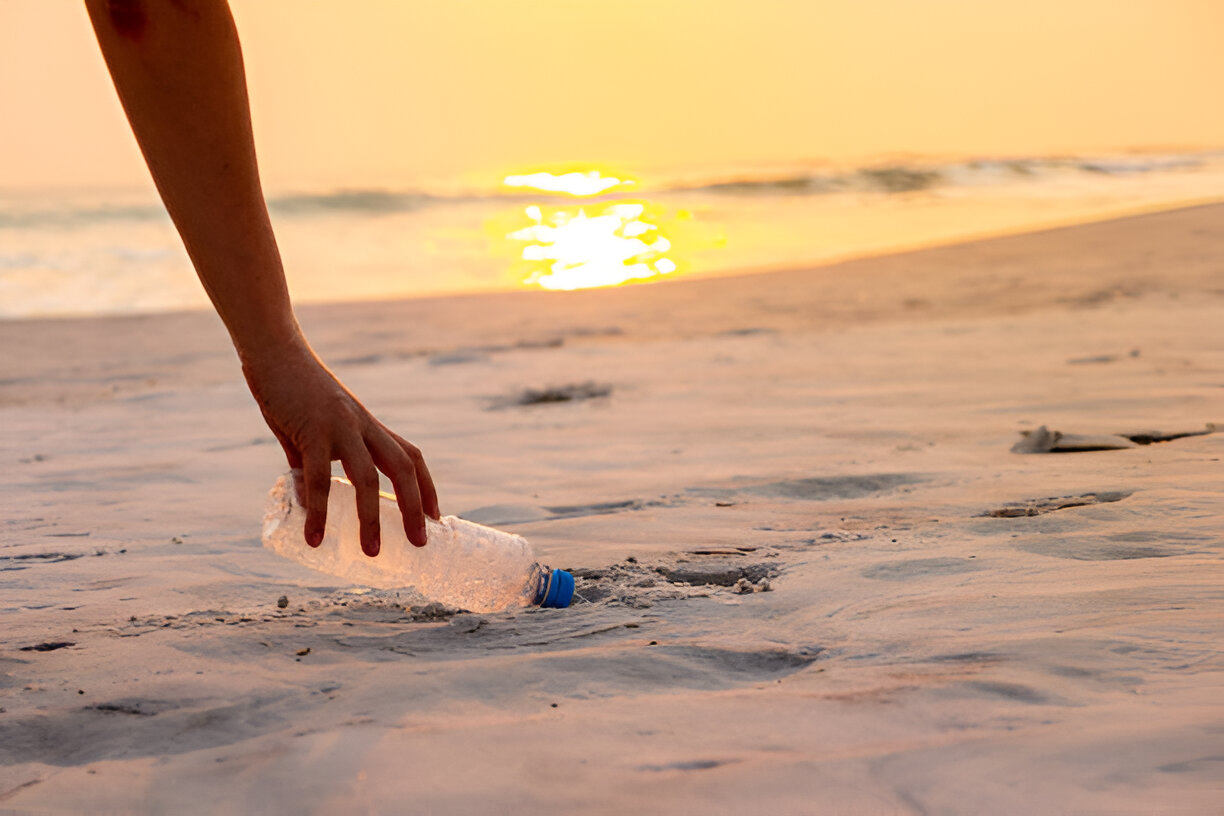Bali’s struggle with waste and plastic pollution has long been a pressing issue, but a major shift is underway. Governor Wayan Koster has announced an ambitious plan to make the island trash-free by 2027, marking a new era of environmental responsibility. With support from environmental organizations and stricter regulations in place, this initiative aims to transform Bali’s waste management system from the ground up.
With support from environmental organizations and stricter regulations in place, this initiative aims to transform Bali’s waste management system from the ground up
A Collective Effort
A key part of the strategy is implementing a source-based waste management system across 636 villages and 1,500 traditional villages. This approach ensures waste is properly sorted and processed before it can become a larger environmental hazard. The provincial government is also intensifying efforts to clean up rivers and beaches, which are heavily impacted by plastic pollution, particularly during the monsoon season. Recent incidents, such as the waste buildup on Labuan Sait Beach, highlight the urgency of the issue, prompting cleanup teams to act swiftly.
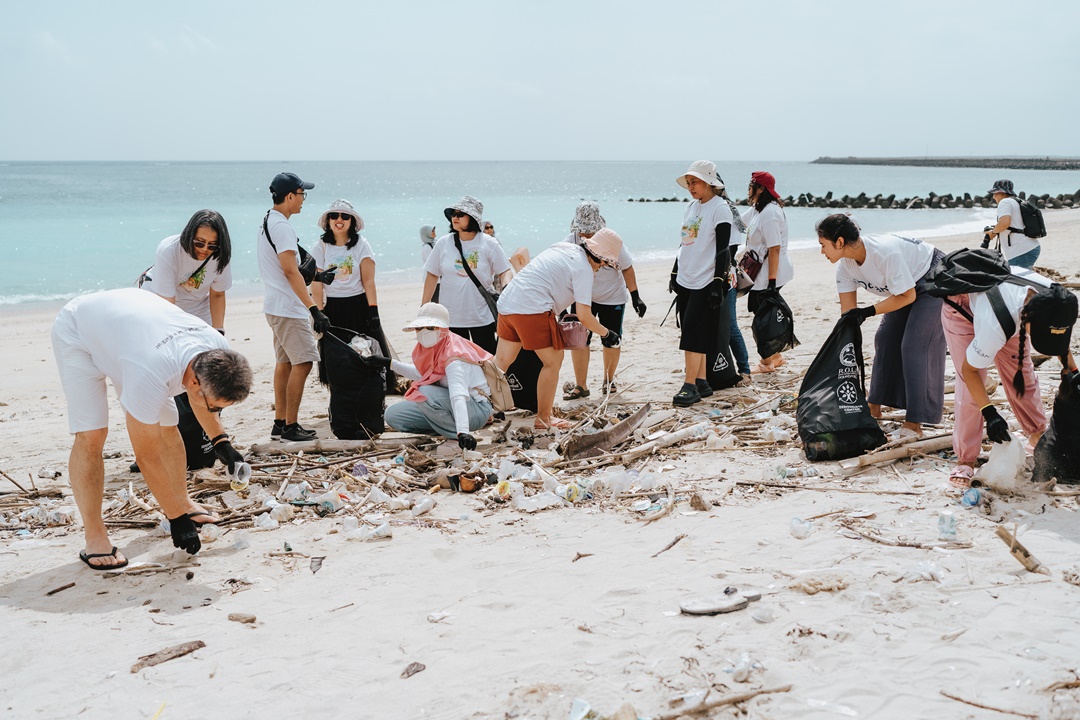
Hotels, restaurants, and other businesses are now under strict scrutiny. Under new legislative measures, establishments failing to manage their waste responsibly will face heavy sanctions, including potential business license revocation. Governor Koster has emphasized that environmental responsibility is no longer optional—businesses must comply or risk consequences. This move is expected to push the hospitality sector toward more sustainable practices, such as reducing single-use plastics and improving recycling systems.
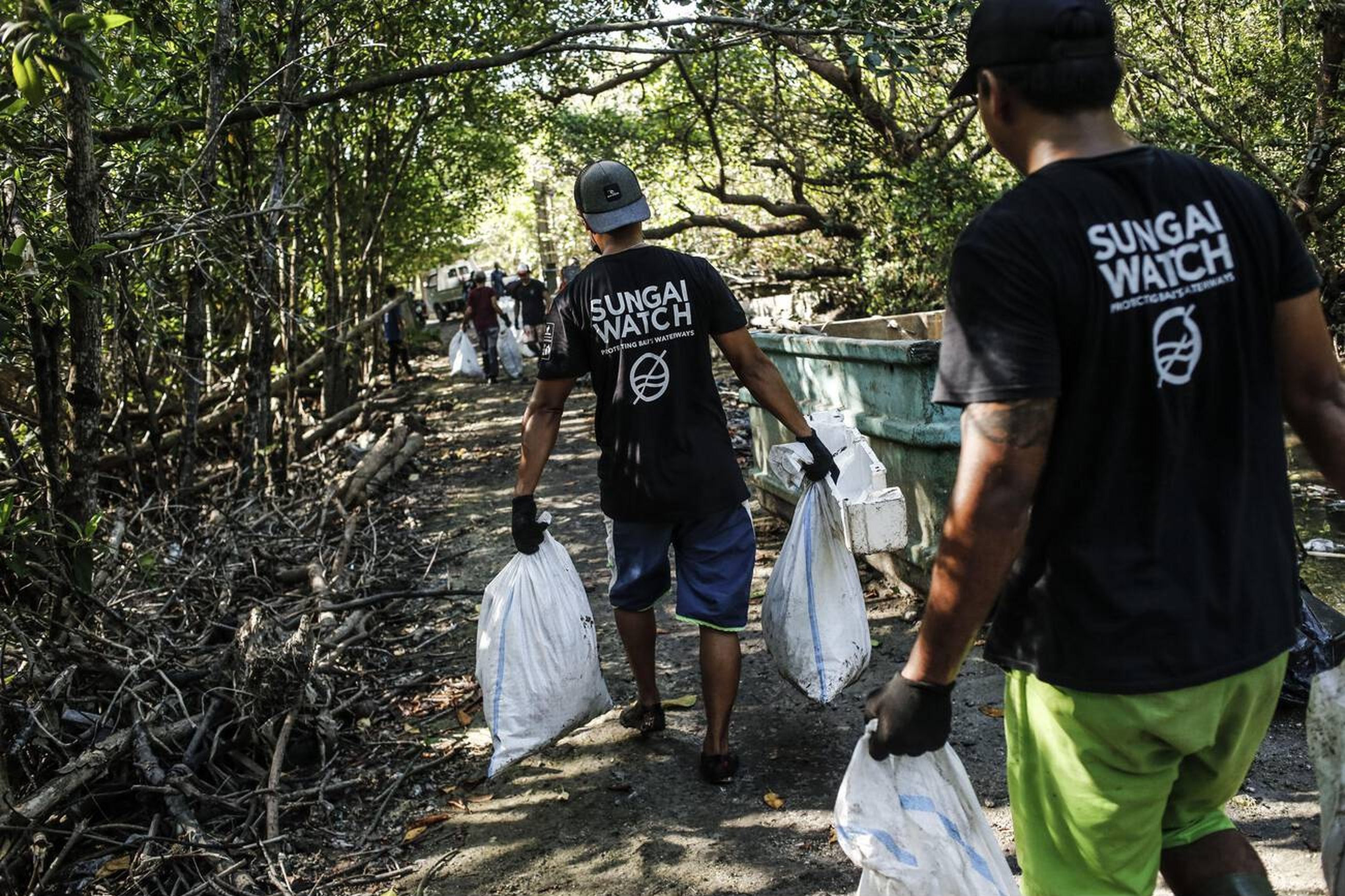
Tourists, too, are subject to new regulations. A recent government circular bans visitors from using single-use plastics and littering, reinforcing Bali’s commitment to sustainability. Additionally, tourists must adhere to guidelines promoting respectful and eco-conscious behavior, including dressing appropriately when visiting cultural and sacred sites. Authorities have made it clear that all visitors must respect these rules to help preserve the island’s natural beauty.
Part of Local Philosophy
Governor Koster’s initiative is part of the broader Nangun Sat Kerthi Loka Bali mission, which focuses on preserving the island’s environment and cultural heritage. The success of this waste management overhaul depends on collaboration between the government, environmental groups, local communities, and the private sector.
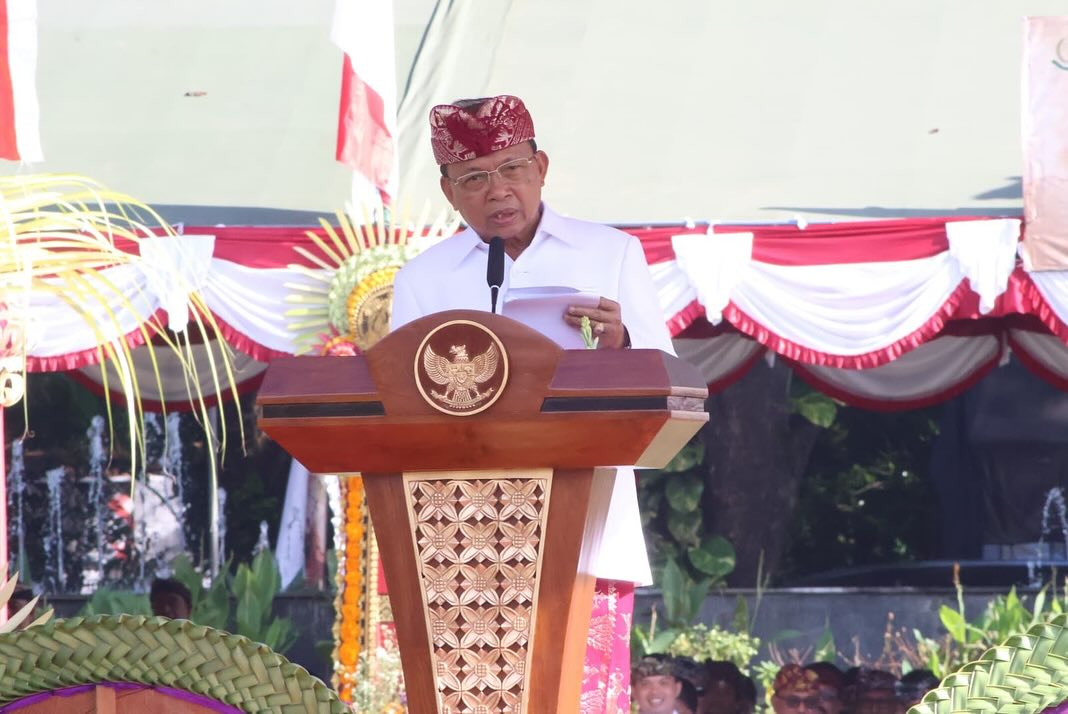
Organizations like Sungai Watch, led by Gary and Sam Bencheghib, are playing a crucial role in supporting cleanup efforts and pushing for systemic change. Their work in monitoring and removing plastic waste from Bali’s rivers has already made a significant impact, and their involvement in this government-backed initiative could accelerate progress.
Remaining Challenges
While the plan is ambitious, challenges remain. Infrastructure improvements, public awareness campaigns, and strict enforcement will be necessary to ensure long-term success. The government must also address illegal dumping and improve waste processing facilities to handle the increased volume of sorted trash. Additionally, consistent monitoring and evaluation will be key to keeping the initiative on track.
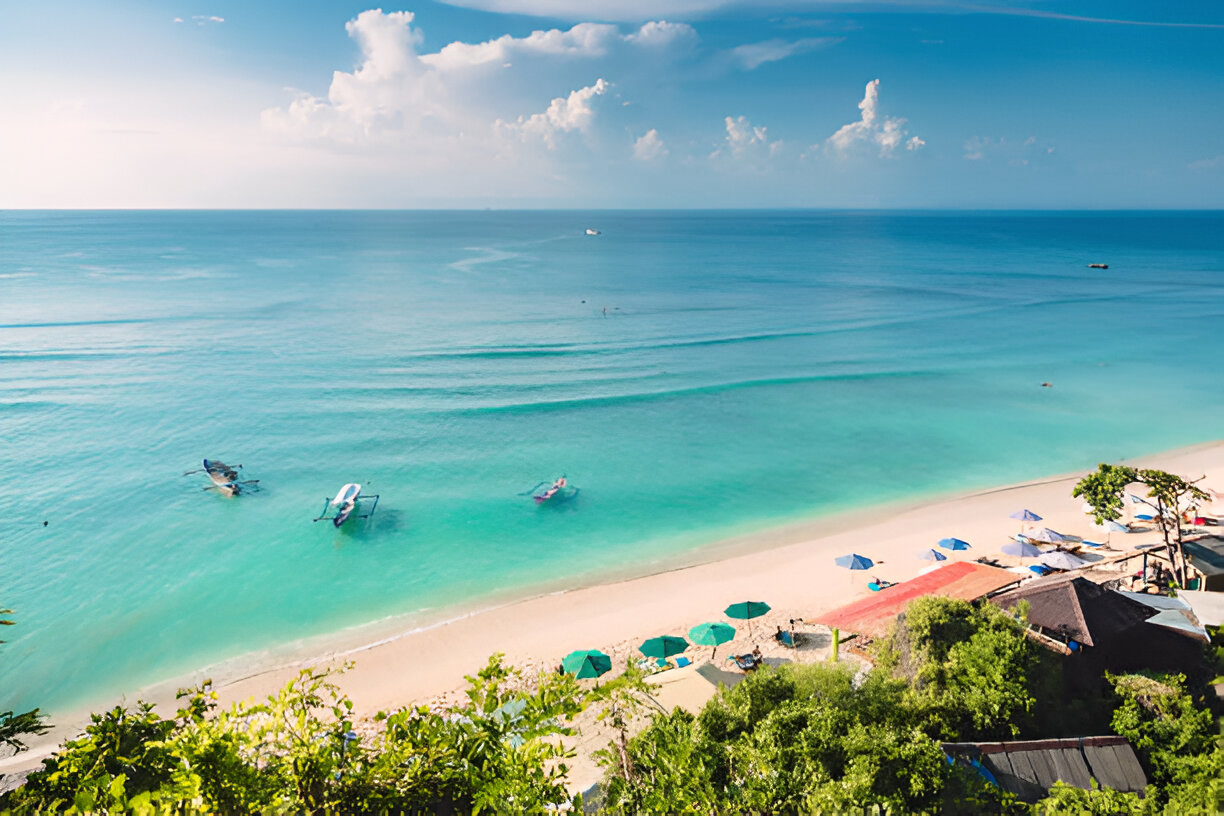
With 2027 set as the deadline, Bali is at a pivotal moment. If these measures are effectively enforced, the island could set a new standard for environmental sustainability in tourism-driven regions. The coming years will determine whether this ambitious plan can truly turn Bali into a cleaner, greener paradise, benefiting both locals and visitors alike.

